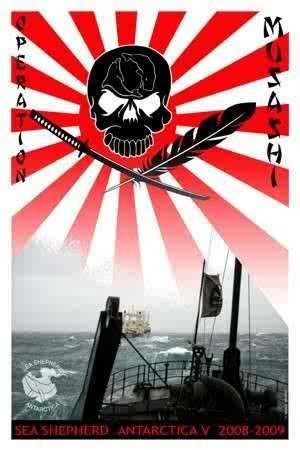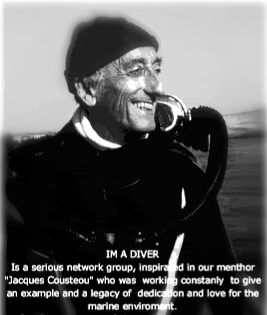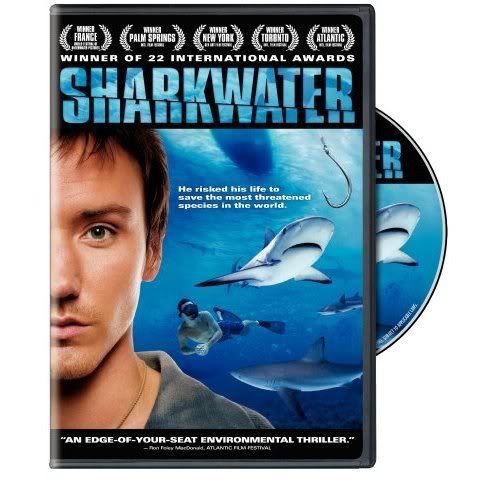1.- The Japanese whaling fleet was located very quickly in the campaign, the earliest ever that the fleet has been intercepted. The fleet was also relocated very quickly on the 2nd Leg of the campaign.
2.-The Steve Irwin pursued the Japanese whaling fleet for over 2000 miles between December 18th and January 7th disrupting their whaling operations for 19 days. The Steve Irwin returned and relocated the whaling fleet shutting down operations of the fleet for an additional 8 days. We can claim 27 days that we physically prevented the whalers from killing whales. This means many less whales killed and more whaling profits lost. The whaling fleet will not meet its quota for the fourth year in a row.
3. The Yushin Maru No.2 suffered ice damage to its propeller while being pursued by the Steve Irwin. This took the harpoon vessel out of operation between December 20th and February 5th, for a total of 46 days. This will also reduce the number of whales killed and will cause a further loss of illicit profits for the whaling industry.
4. The Yushin Maru No.2 was refused permission to do repairs by Indonesia, a significant embarrassment to Japan.
5. Australia refused to agree to Japan's request that the Steve Irwin be denied permission to refuel in an Australia port. This was extremely embarrassing for Japan to be denied this request and demonstrated an error in diplomatic judgment. Nations should never make public demands unless they know they will be met.
6. The Japanese whaling industry spent a small fortune rigging their ships with anti-boarding devices, covering their ships with netting and installing long range acoustical weapons. In addition they spent money on fuel while under pursuit and repairs to the Yushin Maru No.2. They also spent a great deal of money to charter the Taiyo Maru No.38 to transport a special security force. This ship had to deliver three injured crewmembers to Fiji (they were injured during normal whaling operations, not by any of Sea Shepherd's actions), and because of this diversion the Steve Irwin was able to relocate the fleet and intervene before the security force could return.
7. Sea Shepherd crewmembers engaged the entire Japanese fleet in a dramatic two day confrontation that demonstrated the determination and the resolve of the entire crew to intervene against illegal Japanese whaling operations. The reaction to this year's campaign by the Japanese whalers was a revelation of their frustration and desperation by physically and violently attacking the Sea Shepherd crew.
8. The campaign received wide international media coverage, once again exposing Japan's continued illegal whaling activities. The campaign received coverage in Japan and has contributed to the growing controversy in Japan over Southern Ocean whaling.
9. Over a thousand hours of video was recorded for the 2nd Season of Whale Wars by Animal Planet. This program has angered the Japanese whaling industry more than anything else we have done. With Whale Wars we are reaching millions of people around the world to expose illegal Japanese activities. The first season of Whale Wars was a hit and the 2nd season will be even bigger.
10. Not a single Japanese whaler was injured and the crew of the Sea Shepherd suffered only very minor injuries. Our record of never injuring our opposition remains unblemished. We made the decision to withdraw in the face of escalating violence by the whalers because we could not control the situation with one ship against four vessels, three of which had greater speed and maneuverability.




No comments:
Post a Comment